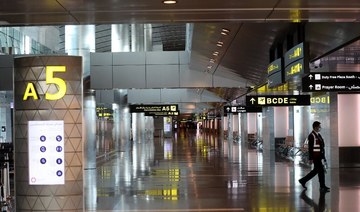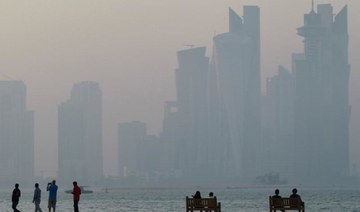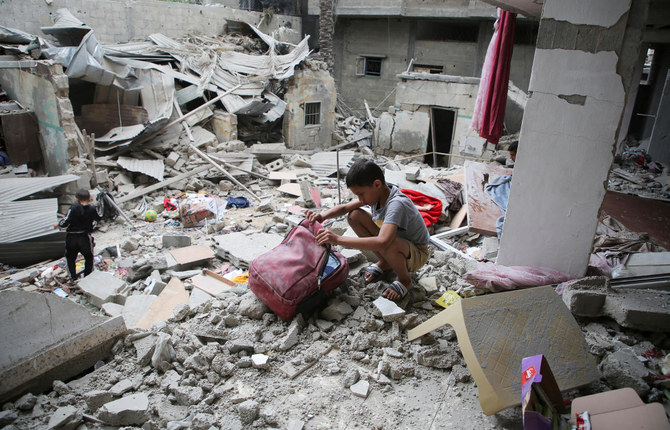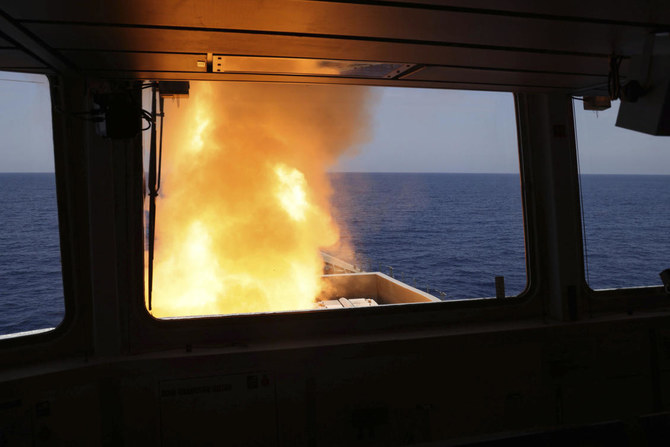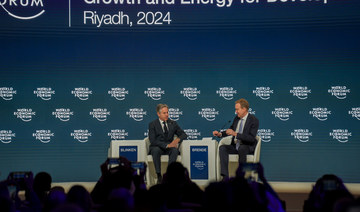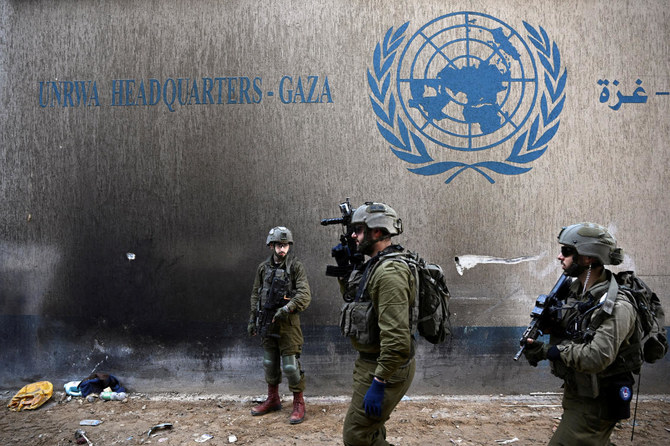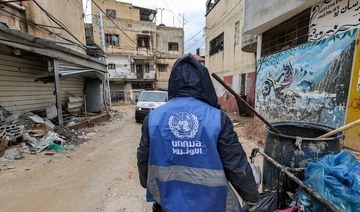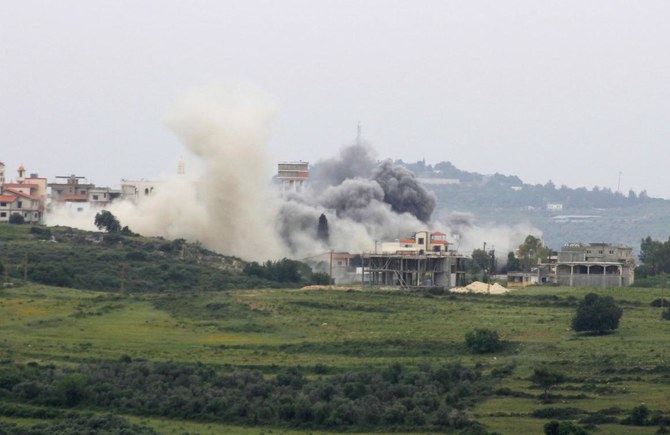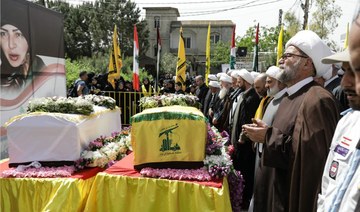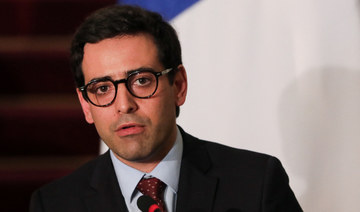LONDON: An Australian woman has recounted the moment female passengers were removed from a Qatar Airways flight in Doha to be strip-searched without permission in an airport carpark.
Kim Mills said she was “terrified” after she and eight other women were asked to leave the plane, bound for Sydney, on Oct. 2 without explanation, as authorities tried to identify the mother of an infant who had been found abandoned in the toilets at Hamad International Airport.
Australian Foreign Affairs Minister Marise Payne said the incident was “a grossly, grossly disturbing, offensive, concerning set of events.”
After boarding the flight and changing into more comfortable clothing in order to sleep, Mills said the aircraft was delayed without the crew being able to give the 34 passengers any details as to why.
“Every hour, the captain or the co-pilot came on (the intercom) and apologized for the delay, saying that he was waiting for permission to taxi,” Mills told Guardian Australia.
“And I just went back to sleep. I was finally woken, I guess it was three hours later, by the head steward actually shaking me awake. He said I had to get my passport and leave the plane,” she added.
“I thought: ‘What are you talking about, what’s going on?’ He said: ‘The police need to talk to you, and you need to get your passport and come straight away’.”
She said she was led off the plane with the other female passengers, and when she asked a female guard what was happening, she was told: “You’ll find out when we take you downstairs.”
Mills continued: “They took me downstairs in a lift which felt like you were going down to the bottom of the airport. And then I came out of the lift and there were two officers … I thought: ‘What are they doing with me, where are they taking me?’ All of these things are going through my head. I still didn’t know the reason … I noticed they had at least two ambulances lined up … I thought: ‘Oh, they’re going to do a coronavirus test, they must be doing all the females first.’
Mills added: “They told me to step forward, to go into the ambulance, and as I stepped forward another officer … stood in front of me and said: ‘No, no, you go, you go.’ As I was standing there with this officer telling me to go, a young lass came out of the ambulance, and she was crying and distraught.
“I just turned around and started walking with her trying to comfort her. I said: ‘What’s wrong, what’s going on?’ And she told me that they’d found a baby in the bathroom at the airport and they were examining all the women.
“I was the luckiest one on the whole flight because I have grey hair and I’m in my 60s. They probably looked at me and thought: ‘Well, that’s impossible, it could not be her’.”
Afterward, Mills said, they were taken back upstairs to an interview room to provide their flight details, before being put back on the plane to Sydney.
The airline staff were “absolutely horrified” when they learned what had happened, she added.
“My legs were just wobbling; I was just so pleased to be back on the plane because I was terrified they were going to take me away somewhere … Why didn’t they explain to us what was going on? It was horrible, not knowing, to me that was one of the worst parts of it.”
Mills said the crew apologized to them over the intercom upon the plane’s arrival in Sydney. She added that the women involved discussed what had happened as they waited for 90 minutes to travel by bus from the plane to the airport terminal.
Some of them revealed that they had been instructed to remove their underwear in order to be examined.
One of the women collected the contact details of her fellow passengers to hand over to Australian police.
“It was absolutely terrible,” Mills said of the ordeal. “I can’t imagine what it was like for those poor young girls, it must have been horrendous … I don’t know why they had to put (the other women) through that, I really don’t.”
Payne said: “We have made our views very clear to Qatari authorities on this matter. This is an extraordinary incident and I have never heard of anything occurring like this in my life.”
She added that Australia’s government has formally raised the issue with the Qatari ambassador, along with a demand for an investigation to be launched.




